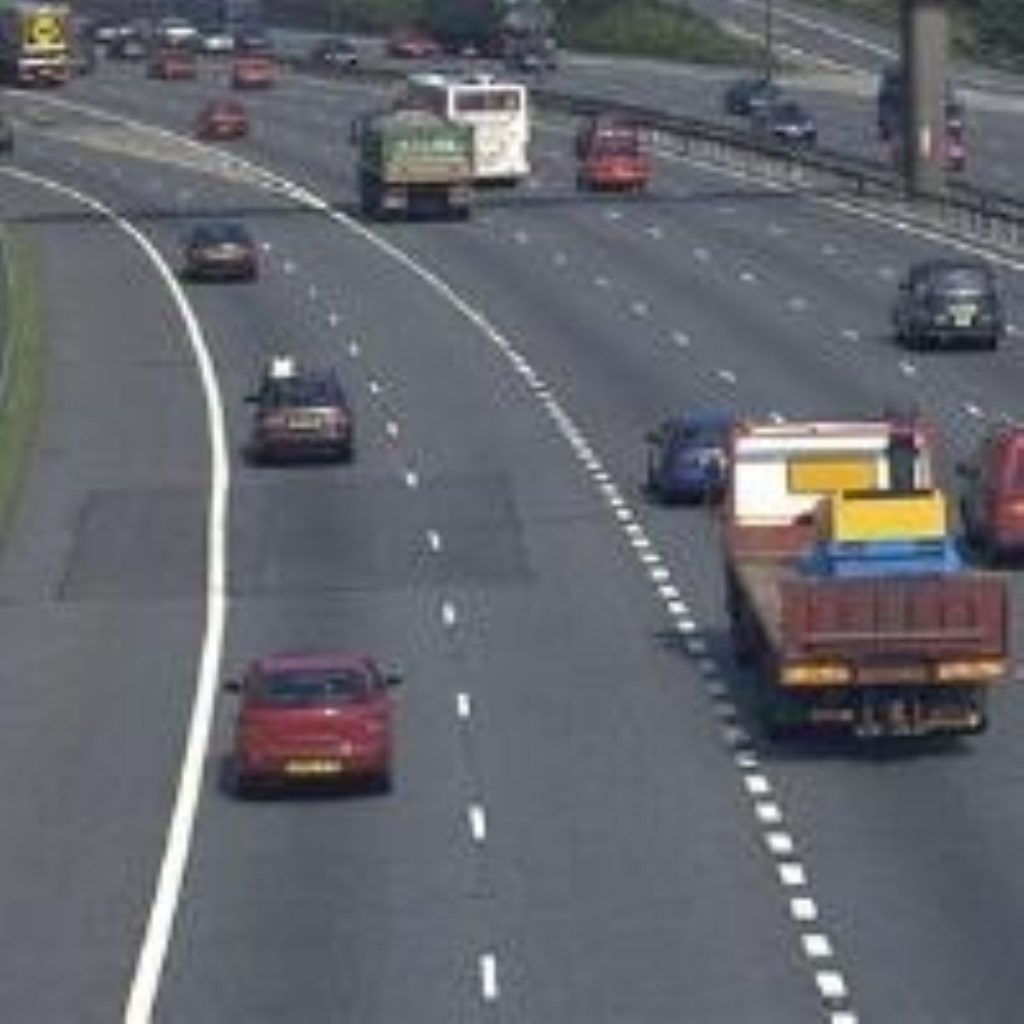Yeo vows to end “war on motorist”
Tim Yeo, Shadow Secretary for Transport and Environment, has vowed to end Labour’s “war on the motorist” by building more roads and cutting congestion.
And on the environment, he said the Conservatives would introduce a bill to promote honesty in food labelling, and strengthen the code of practice to stop supermarkets exploiting farmers.
Speaking to the Conservative Party conference in Bournemouth today, Mr Yeo said people should be free to choose the kind of transport they wanted. Private investment and new technology were the key to ensuring that happened, he added.
Mr Yeo sharply attacked Labour’s record on transport, saying: “One train in five runs late, twice as many as when Labour came to power. Even though fares have risen faster than inflation. Even though taxpayers subsidise railways by £9 million a day.”


Defending the use of the car, he said: “The car has improved the lives of millions of people, giving them chances only the rich enjoyed a hundred years ago. How characteristic that it should be Labour that wants to take that freedom away.
“To tackle congestion I’ll expand the road network and speed up maintenance and repairs. To pay for new roads I won’t sting the taxpayer. The Midland Expressway shows drivers are willing to pay as long as there are real improvements.
“In my first month I’ll start an audit of all speed cameras to get rid of those that are money raisers rather than life savers. I’ll crack down on uninsured drivers so responsible motorists don’t have to cover the costs of those that don’t insure.”
On rail, Mr Yeo praised privately owned train operators for increasing passenger numbers and boosting investment, and promised to give the best performers longer contracts. He would ensure Network Rail was more accountable, and that journey times were shortened by widening some main lines so faster trains were not held up by slower ones.
He also promised to bring train stations “out of the nineteenth century and into the twenty-first” to make them more comfortable, safer and better protected against the weather.
Turning to the environment, Mr Yeo said a Conservative government would publish a bill to introduce honesty in food labelling – “so every consumer knows where and how the food they’re eating was produced” – and toughen up the code of practice to stop supermarkets exploiting farmers.
Fly-tipping would become an arrestable offence, and he would ensure that more development took place on brown field not green field sites.
On the international stage, he said British ideas and innovations should “point the way ahead and spread once more across the globe”.
Even the “sceptical” Americans were investing more than Britain in researching hydrogen power and other fuels of the future, he noted.
Mr Yeo said the Conservatives supported the Kyoto targets and the Government’s 2050 goal, but believed that getting there would require firmer leadership. He hinted that aviation would have a tougher time under the Tories, saying “I’ve got ideas about aviation, too, the fastest growing source of CO2 emissions” and that energy efficient homes could benefit from a cut in stamp duty.
He vowed to change the rules on renewable energy so that the incentives did not just help onshore wind farms but also technologies such as biomass, offshore wind, tidal and wave power, which he said were areas where Britain had natural advantages “and should lead the world”.












